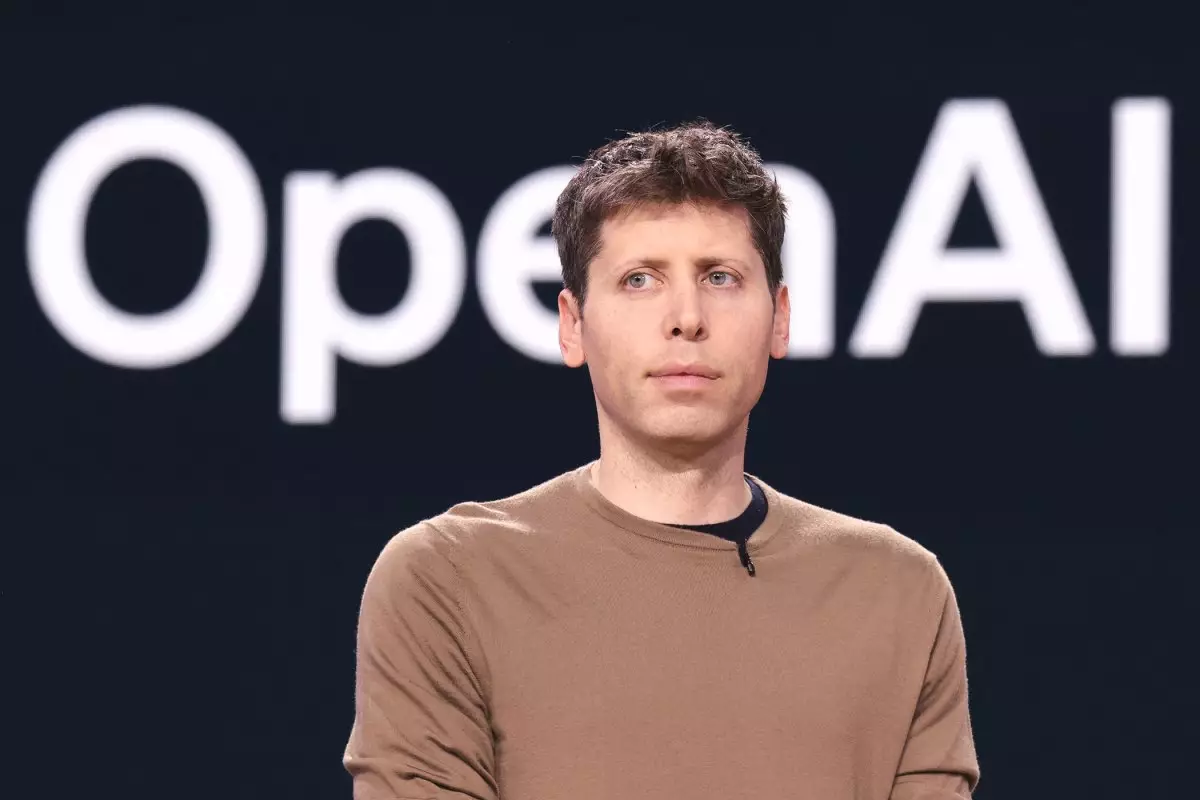As artificial intelligence continues to permeate various sectors, the importance of responsible use has never been more critical. OpenAI, a frontrunner in the AI landscape, has taken a significant step forward by implementing an ID verification process for organizations seeking access to their advanced AI models. This initiative, branded as the Verified Organization process, signifies not just a leap in technological capabilities but also a deep commitment to ethical use and security standards within the AI ecosystem.
Understanding the Verified Organization Process
The Verified Organization scheme requires organizations to undergo an ID verification to access OpenAI’s most sophisticated offerings. This involves submitting a government-issued ID from an array of countries supported by OpenAI’s API. However, this is not an unrestricted access pass. The verification limits each ID to one organization every 90 days, indicating a strategic move to ensure that entities accessing these powerful tools are legitimate and adhere to safety protocols. This step could potentially deter misuse by actors seeking to exploit AI for nefarious purposes or violate usage policies.
Addressing Misuse and Security Concerns
OpenAI openly acknowledges the challenges associated with its technology, particularly the small fraction of users who may intentionally misuse their APIs. The introduction of a verification process is a proactive measure to curb such incidents and maintain the integrity of the platform. As AI technologies become increasingly sophisticated, the potential for abuse grows, making it imperative for organizations like OpenAI to maintain robust safeguards. Essentially, this process not only enhances security but also contributes to fostering a culture of responsibility within the AI community.
Mitigating Risks and Fostering Trust
The motivation behind this verification system extends beyond immediate security concerns. It represents an effort to establish trust among users and stakeholders in the AI field. As OpenAI continues to innovate, safeguarding its technologies from malicious uses, such as intellectual property theft or exploitation by malicious state actors, is paramount. The company has taken significant steps to limit access to its models in regions known for cybersecurity threats, such as North Korea and China. These decisive actions underline OpenAI’s resolve to ensure its technologies are harnessed for positive, constructive purposes.
Looking Ahead: The Future of Verified AI Access
As OpenAI prepares for the rollout of this new verification process, the anticipation of future model releases intensifies. This move signals a long-term vision for access to advanced AI models — an ecosystem where responsible developers can thrive while ensuring that security and ethical considerations remain at the forefront. In embracing this Verified Organization standard, OpenAI is not only enhancing its service offerings but also encouraging a new paradigm for AI innovation that emphasizes accountability and ethical responsibility. In doing so, they set a valuable precedent for other organizations to follow, paving the way for a safer and more trustworthy AI landscape.

